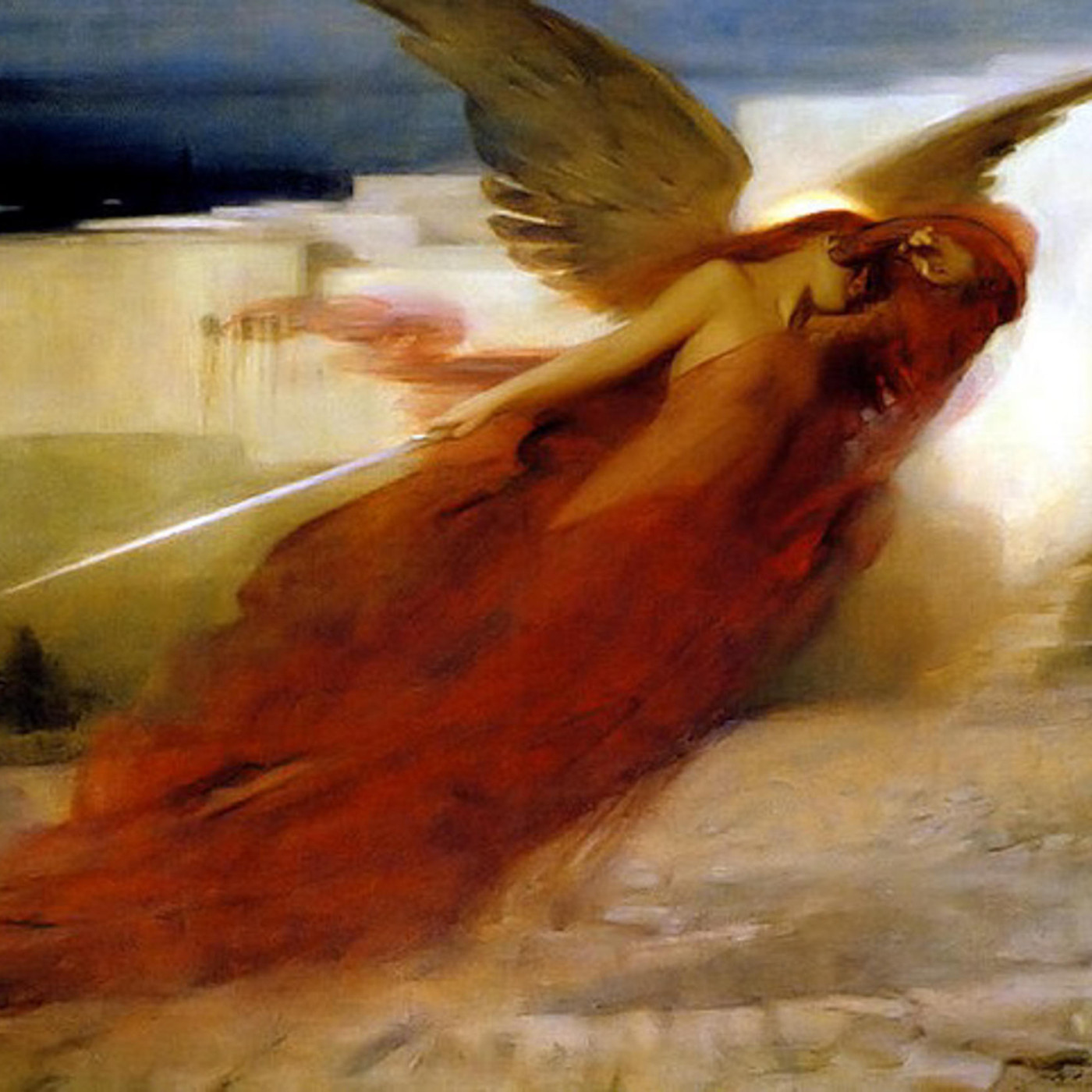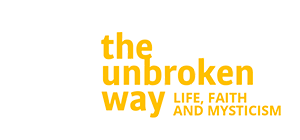Share this article
There’s More Than One Way Of Knowing

‘I do not think that I know what I do not know.’
—Socrates*
We stood together feeling like two abandoned orphans in a deserted area of an arrival hall at São Paulo International Airport in Brazil. All the other passengers on our long haul flight had retrieved their bags as my late wife, Cushla, and I stared bleary-eyed at the empty conveyor belt going round and round.
‘That’s it. Let’s go to the lost baggage counter,’ I said wearily after the belt had stopped entirely. It had happened several times on our regular trips to Brazil, so we began to half-expect not to see our suitcases until the day after we landed when the airline would arrange to have them dropped off at our pousada.
‘No, wait a minute,’ Cushla said. She was staring straight ahead. I knew she was tuning into the spirit world. ‘They’re not gone missing. They’ll be out soon,’ she added with total confidence. If I didn’t know her, I’d have thought she was a little delusional: the other passengers on our flight were long gone, and the empty belts on the carousels to our left and right had also come to a halt just after ours did.
After over twenty years together, I got used to Cushla’s success with supernatural predictions, even those that seemed to defy common sense. Nonetheless, I was still taken aback when I heard the carousel cranking up again and then saw our lone cases coming out through the hole in the wall and onto the conveyor belt.
As we headed towards the transfer area to catch an onward flight to Brasilia, I pondered the significance of what I had just witnessed. But, Cushla just smiled to herself - she never paid much attention to her psychic abilities when they were concerned with worldly concerns, especially material goods. As well as loving others, she focused on the higher transcendental matters, principally knowing and serving God.
Having known her for twenty-seven years, I’m convinced Cushla was a modern-day mystic (I plan to publish her story, The Unknown Mystic, in the near future). Her track record was a hundred per cent accuracy regarding her prophecies, which often defied ‘common sense’ or expert opinion.
I believe she received her guidance from the Holy Spirit mainly through what she called her knowings. These knowings were a higher form of knowledge she drew from deep within her soul. It was a gift she shared with well-known mystics. In her book Interior Castle Explored, the contemporary Carmelite nun and spiritual author Ruth Burrows writes of St. Teresa of Avila:
‘Here is a woman who surely knows. She isn’t merely speculating—relying on what others have said. Here is one with a well of living knowledge within her, and it is from this that she is drawing all the time.’
Why We Can’t Always Trust Common Sense

‘As we look not to the things that are seen but to the things that are unseen. For the things that are seen are transient, but the things that are unseen are eternal.’
— 2 Corinthians 4:18
The first trait we need to develop to know and grow in wisdom is the humility to understand what we don’t understand. Otherwise, our minds cannot visualize another world ruled by other laws. It doesn’t mean abandoning rationality —it’s just that we need to keep in mind that there are many layers to reality. For example, in our earthly dimension, what we see with our earthly eyes is bound by the rules of space and time. But as Cushla said to me often: ‘There is no time and space in the spirit world.’ It wasn’t anything she read or heard anyone else say. It was, again, another of her knowings.
All the same, you don’t have to be a mystic to understand that our’ common sense’ view of time and space and their effect on us may not be the whole story: In 1781, the philosopher Immanuel Kant put forward his idea of transcendental idealism which rocked the world of philosophy. Thankfully, Dana Andreicut gives a concise summary of Kant’s idea in her article in Philosophy Now.
‘According to its doctrine, individuals perceive external events by means of sensory experience as taking place in space and time; however, space and time are merely the mechanisms through which humans perceive and understand the world. To use a metaphor, it is as if we are wearing blue-tinted glasses. Through these glasses, we perceive the world to be blue. However, the world may, in fact, be of a different colour or devoid of pigment altogether, and if we were able to take off our glasses, we would see its true colour. But we cannot. So it is with space and time. We cannot help but perceive the world in space and time. Our understanding is defined by our wearing blue-tinted glasses, or, to transcend the metaphor, by our perception of events as taking place in space and time.’
In summary, what Kant articulated and eventually what other thinkers picked up on was that reality as we perceive it is not purely objective; it is at least partly subjective— what we perceive as reality is in part created by our minds.
Higher Ways Of Knowing
‘We don’t like their sound. Groups of guitars are on their way out.’
—Decca Records turning down a contract with the Beatles in 1962.
As we’ve seen, we live in a specific world that has helped shape our minds and establish our basic psychic conditions. We go about our daily lives believing we see the world as it is, and we rarely question that our beliefs may be inaccurate. Our vision begins to narrow, and then we might not be able to visualize another world ruled by quite other laws. This creates the foundation for errors in thinking and can lead to us living a restricted life. Worst of all, we end up spending nearly all our time on things that pass.
Other more advanced souls, especially the mystics, have learned from their own mystical experiences that there is a vast realm of intelligence beyond the mind and that human thought is only a tiny aspect of intelligence. Essentially, they experience a reality beyond the boundaries of our material world, a reality often considered divine.
Nobody knew this reality on earth more than Jesus Christ. Arthur A. Halbach, in his article Two Ways to Knowledge, writes on Jesus’s teaching of the highest way of knowing. Here is an extract:
‘Clearly, Jesus has posited two ways of knowing: the first way depending primarily on the use of the senses, the second not so directly dependent on the senses, to which Jesus strangely gives a higher value rating. He also distinguished the second way by naming its end result, believing instead of knowing. This emphasizes further the real difference in the two ways of learning.’
The second way of knowing, i.e. believing / faith, mentioned above, will lead us to receive graces from God. Sometimes, He may gift us with mystical knowledge. However, the possibility of this happening depends on the metaphysical positions we maintain. If we are adamant that nothing transcends our material reality, then we are unlikely to believe that mystical knowledge is possible. For me, this is a sad state of affairs. At a minimum, it leads to disenchantment and boredom with the everyday. There’s a loss of magic —it seems that the world is already explained nowadays. Nothing, it appears, is new or enchanting. We fly everywhere, but everything looks the same. We sigh to ourselves, wishing we could see with wonder again.
More than ever, we need spiritual uplift to see beyond this seemingly flattened earthly life. We need awe, wonder and joy. We need to be astonished by beauty.
I was blessed that after I met Cushla, my experiences with the supernatural grew exponentially. I believe this was because she was a special soul, and because we had become ‘one flesh’, God allowed me to experience some of her mystical encounters. The unfathomable knowings I was graced with pointed to a more real dimension than any I could have imagined with my blinkered spiritual eyes. Any feelings of despondency I had beforehand turned to thoughts of hope.
I learned from these spiritual experiences that I had been seeing reality from a minimal perspective. It got me thinking about how sad it is that we can believe we have everything figured out when, in fact, we are trapped by stubbornness and a lack of imagination. However, with spiritual discipline and an openness to a divine purpose, we can see beyond the obvious. We gradually discover that reality has multiple levels of meaning. Instead of boredom and disenchantment, we relish what’s valuable and become ever more grateful for the blessings in our lives.
Notes:
Socrates was a Greek philosopher credited as the founder of Western philosophy.
Share this article
Categories
in your inbox

Seeing The Unseen









